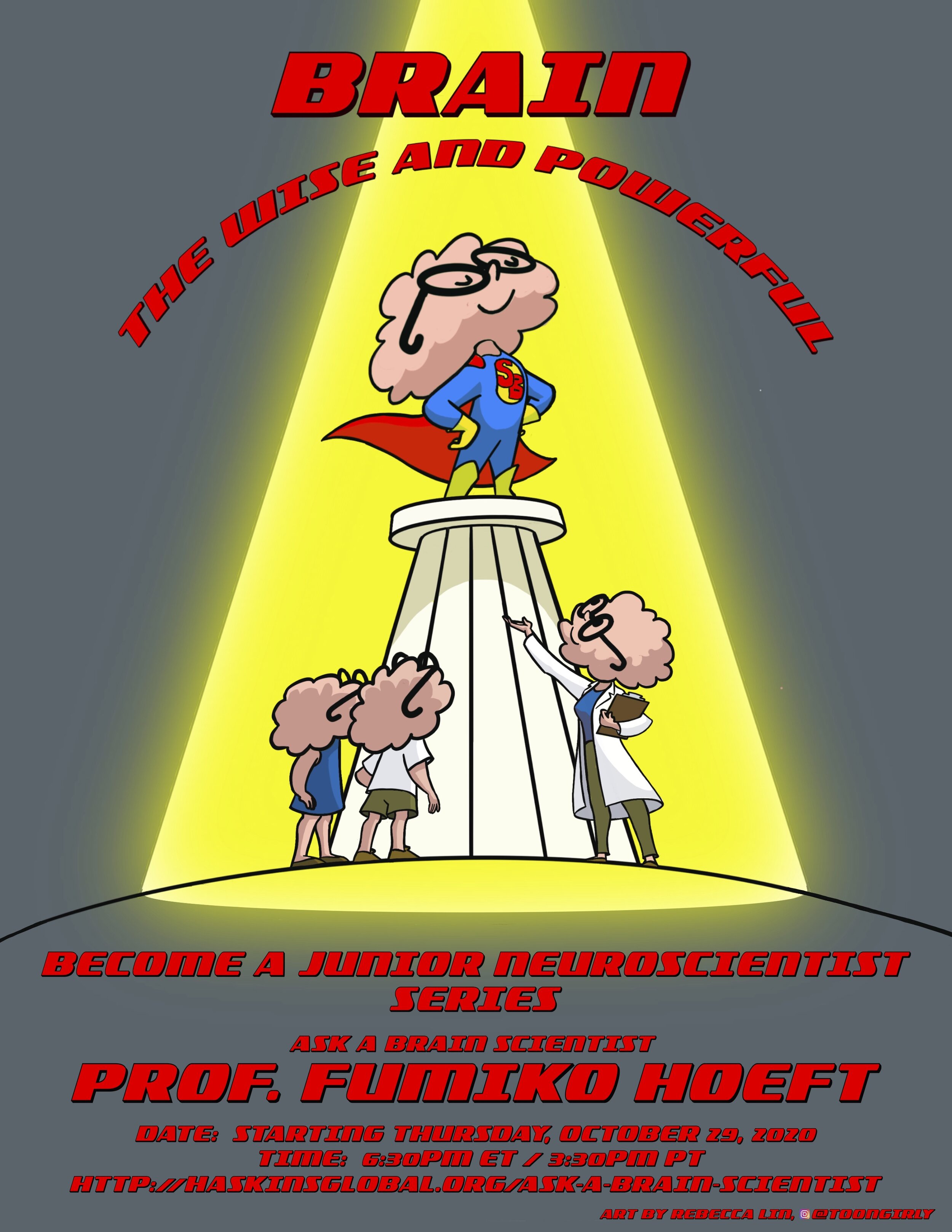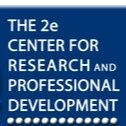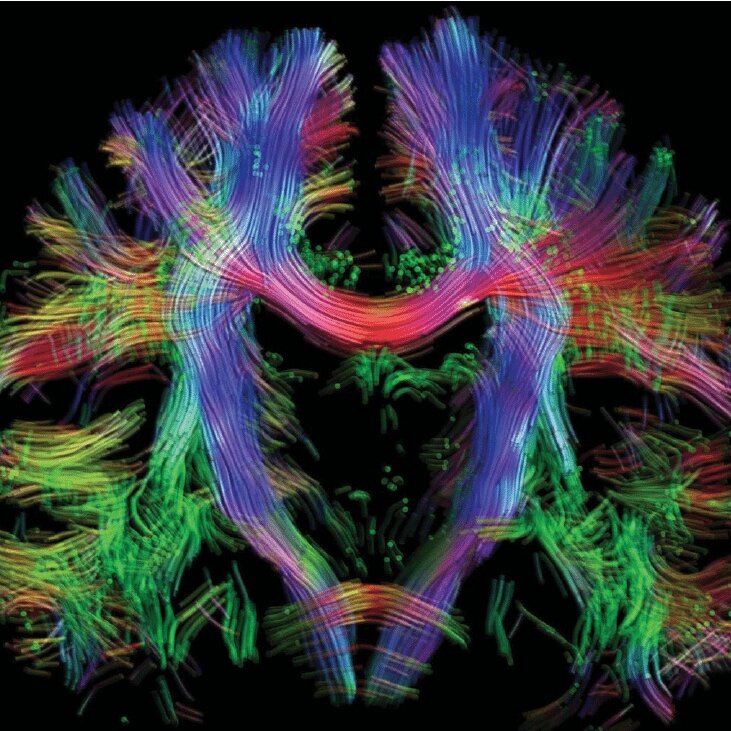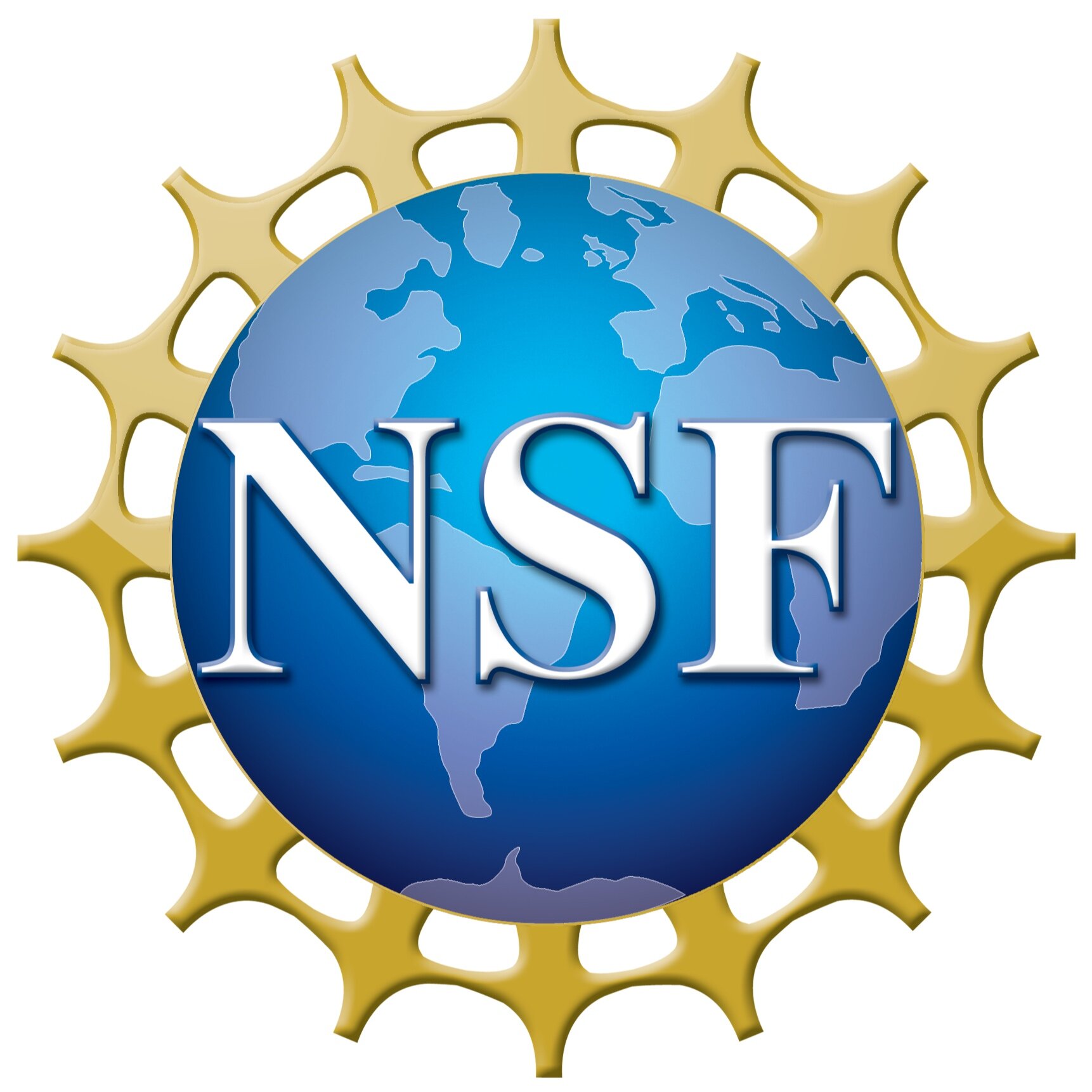


On Tuesday, November 17th, Fumiko Hoeft will be giving a panel discussion on educational inequalities with the Southport CoLab
Fumiko Hoeft will be collaborating with the Southport CoLab to discuss Educational Inequalities and what this organization is doing to address them. Details for this talk are below:
Date: Tuesday, November 17, 2020
Time: 7:00 pm- 8:30 pm EST
Description: A false assumption about what it takes to be a skilled reader has created deep inequalities among U.S. children, putting many on a difficult path in life.
Children throughout the country have lost precious learning during the pandemic. The “Corona Slide” is expected to lead to a 30% loss in learning compared to a normal school year. The children who are most vulnerable, those with disabilities and/or living in low socioeconomic households, will have lost the most.
Join this roundtable discussion to hear about what’s causing the slide, how our most vulnerable children have been impacted during these unprecedented times, and how we might begin to mitigate its consequences moving forward.
Panelists: Collette Fearon, Elementary Principal, New Beginnings Family Academy
Margie Gillis, EdD, President & Founder, Literacy How
Emily Hanford, Senior Education Correspondent, AMP Reports
Dr. Fumiko Hoeft, MD PhD, University of Connecticut
Dr. Julie Washington, PhD, Georgia State University
Suzanne Lang, Director, The Southport CoLAB (Moderator)
Register here

Fumiko Hoeft gave a talk at and co-chaired the 2020 International Dyslexia Association (IDA) Conference
Fumiko Hoeft was both a presenter and a co-chair at the 2020 International Dyslexia Association annual conference, which was held virtually this year, due to Covid-19.
Title: The Role of ADHD and Executive Functions in the Early Identification and Prevention of Dyslexia and Poor Reading Outcome
This talk will discuss the role of ADHD and executive functions in dyslexia and poor reading outcome. In particular, the discussion will focus on the early stage of reading development and how the assessment of ADHD and executive functions can be helpful in the process of early identification and prevention of dyslexia and poor reading. Relevant neuroscience research will also be introduced. The discussion will close with information on how clinicians (in particular, pediatricians) can play a role in this process.
Her talk was part of a symposium with Eric Tridas, Joyce Pickering, David Childers, and Adiaha Spinks-Franklin
More info on the conference can be found here

brainLENS hosted a table and Fumiko Hoeft presented at the Fall 2020 Learning & the Brain Conference
BrainLENS hosted a virtual table at the Fall 2020 Learning & the Brain Conference. The title and theme for this conference was, Social-Emotional Brains in Schools: Raising Resilience, Restoring Relationships, and Rebuilding Self-Regulation During Covid-19.
Fumiko Hoeft also presented a talk entitled, “Peer Mentoring and Social-Emotional Resilience in Youth With Learning Difficulties”
Learn more about Learning & the Brain here

Fumiko Hoeft Hosts Virtual Science Series at AIM Academy
In these free sessions, Prof. Fumiko Hoeft will engage with children about the intricacies of the brain. Children (and parents!) will learn about brain science on everyday topics, ask questions they might have, and get a glimpse into how research is done by a scientist. Fumiko happily volunteered to assist the AIM Academy with these fun Ask a Brain Scientist webinars when they switched to online learning last March.
For kids aged 8-13, but anyone with a child’s heart for learning is welcome!
Each session can stand on its own. When children attend all sessions, they will receive a Junior Neuroscientist certificate.
To register and for more information, please visit Haskinsglobal.org
This program is supported by UConn, UCSF, Haskins Laboratory, Yale University, Made by Dyslexia, and The International Dyslexia Association

Free IDA Registration for Students
The International Dyslexia Association (IDA) is offering free registration to their 2020 Annual IDA Reading, Literacy & Learning Conference
If you are interested, go here and apply. There are a total of 50 spots, with half of these already filled, so be sure to apply soon! It only requires a brief summary of why you would like to attend, as well as a brief background of who you are.
For more info on the conference itself, go here. It will be held this November 13 and 14th.

Now Hiring Two Postdoctoral Fellows and PhD Students at UConn for Fall of 2021
Postdoc and PhD positions @ UConn brainLENS Lab
Fumiko Hoeft MD PhD, Professor of the Departments of Psychological Sciences, Mathematics, Neuroscience and Psychiatry (https://psych.uconn.edu/person/fumiko-hoeft/), and Director of the Brain Imaging Research Center (https://birc.uconn.edu) at the University of Connecticut in CT US, is now accepting applications of up to two postdoctoral fellows to begin sometime between now and the fall of 2021; and/or two PhD students to begin in the fall of 2021. Our bicoastal labs at UCSF and UConn (https://www.brainlens.org) have a strong track-record in interdisciplinary research spanning from theory, multimodal neuroimaging (fMRI, dMRI, TMS, MRS, EEG, etc), genetics, machine learning and network approaches, on topics relevant to reading development, dyslexia and resilience/compensatory mechanisms (see attached schematic diagram). We are particularly interested in candidates who have a background or interest in behavioral genetics, and/or computational (machine learning / network) approaches that can be applied to neuroimaging data; and/or fetal/neonatal neuroimaging. The positions are fully funded, primarily by NIH grants, and by graduate research assistantships (GRAs). There are opportunities to be involved in federally funded and interdisciplinary graduate and postdoctoral training programs (NSF NRT https://slac.uconn.edu, NIH T32 https://cncct.research.uconn.edu). Interested applicants should contact Prof. Fumiko Hoeft @ brainLENS@uconn.edu.

Nicole Landi, Mike Milham, Ken Pugh, and Fumiko Hoeft receive new NIH R01
Congratulations to Nicole Landi from UConn, Mike Milham from the Child Mind Institute, Ken Pugh from Haskins Labs, and our Fumiko Hoeft on receiving a new NIH R01 entitled, “Effectiveness and predictors of response for a technology-based reading intervention in the home”. More info here

Our UCSF Postdoc, Florence Bouhali, was awarded a grant from the Schwab Innovation Fun
Our UCSF postdoc, Florence Bouhali, was awarded a grant from the Schwab Innovation Fund, which is funded by the UCSF/UC Berkeley Schwab Center.
Title: Development of neural fine-tuning for orthography and words: Implications for dyslexia
Her Berkeley site collaborator is Prof Kevin Weiner, a great vision scientist.
It will directly support the Family Project as it will be an add-on study.
Congratulations, Florence!

Fumiko Hoeft Gave a Talk with Jack Horner on Cognitive Diversity
Dr. Hoeft gave a webinar with Dr. Jack Horner, best known for his role as the scientific advisor for the Jurassic Park films. The hour-long webcast, which was sponsored by the 2e Center for Research and Development, explored the topic of Cognitive Diversity.
Watch here

Fumiko Hoeft and Colleagues Secure Two Grants at UConn
Both grants are funded by the UConn Office of the Vice President of Research’s (OVPR) Research Excellence Program and will allow Dr. Hoeft and her colleagues to expand the scope of their current research projects.
UConn OVPR Research Excellence Program
Auditory Threat Processing in Children At-Risk for Posttraumatic Stress Disorder
PI: Margaret Briggs-Gowan (Hoeft Co-PI)
**********
UConn OVPR Research Excellence Program
Using Transcranial Magnetic Stimulation to Reduce Problematic Cannabis Use in Undergraduates
PI: Robert Astur (Hoeft Co-PI)

Fumiko Hoeft and colleagues get paper published in Personality and Individual Differences
Journal: Personality and Individual Differences
The Role of Culture on the Link between Worldviews on Nature and Psychological Health during the COVID-19 Pandemic
Brian W. Haas, Ph.D. (Univ of Georgia); Fumiko Hoeft, MD, Ph.D.; Kazufumi Omura, Ph.D.
Worldviews about human's relationship with the natural world play an important role in psychological health. However, very little is currently known regarding the way worldviews about nature are linked with psychological health during a severe natural disaster and how this link may differ according to cultural context. In this study, we measured individual differences in worldviews about nature and psychological health during the 2020 COVID-19 pandemic within two different cultural contexts (Japan and United States). We found that across Japanese and American cultural contexts, holding a Harmony-with-nature worldview was positively associated with improved psychological health during the COVID-19 pandemic. We also found that culture moderated the link between Mastery-over-nature worldviews and negative affect. Americans showed a stronger link between mastery-over-nature worldviews and negative affect than Japanese. These findings support the biophilia hypothesis and contribute to theories differentiating Japanese and American cultural contexts based on naïve dialecticism and susceptibility to cognitive dissonance.

Paper by former Family Study Coordinator, Ella Pyle (now Hennessey) has been published in Biological Psychology
A paper by Ella Pyle (now Hennessey), a former RA on the Family Project at UCSF until summer 2019, who is interested in affective neuroscience, has just been accepted. Congrats to Ella and the team, Olga, Steph, Megan, Isabel, Chloe, and Roeland. It was really driven by Ella and other then RAs, so we are particularly proud.
Hair Cortisol and Dehydroepiandrosterone Concentrations: Associations with Executive Function in Early Childhood
Ella-Marie Pyle Hennessey, Olga Kepinska, Stephanie L. Haft, Megan Chan, Isabel Sunshine, Chloe Jones, Roeland Hancock, and Fumiko Hoeft
Chronic stress during childhood negatively impacts cognition and physical and mental health. Exposure to stressors over time can cause hypothalamic-pituitary-adrenal (HPA) axis dysregulation, leading to abnormal stress hormone levels, which can be reflected in hair cortisol concentration (HCC) and hair dehydroepiandrosterone (DHEA) concentration. Although the use of HCC and DHEA to measure chronic stress in children is increasing, their effects on cognition (as indexed by executive function) remain unexplored. Accordingly, we aimed to investigate the associations of HCC, DHEA, and their ratio with measures of executive function (cognitive flexibility and working memory) in a sample of kindergarten children (N=100). We found that the expected negative association between HCC and WM approached significance, and DHEA was significantly and positively related to cognitive flexibility. We discuss possible interpretations of our findings. Our results suggest promising areas for future investigation and encourage further exploration into HCC and DHEA as measures of chronic stress.
Link to paper: https://www.sciencedirect.com/science/article/abs/pii/S030105112030106X

Leah Azab, our UConn Lab Manager, has started medical school at UConn Health
Leah has started the M.D. program at UConn Health on August 12th.

Family Brain Study Coordinator, Dennis Wu, accepted into UT Dallas Cognition and Neuroscience doctoral program
Our UConn Family Brain Study coordinator, Dennis Wu, has been accepted into UT Dallas’ Cognition and Neuroscience PhD program. He will be studying in Meghan Swanson’s lab, where he will be researching autism, particularly in infants and children. You can find more information on Meghan’s lab here. Congratulations, Dennis!


Naoki Hashimoto, former brainLENS UCSF staff, was just published in Psychiatry and Clinical Neurosciences
Journal: Psychiatry and Clinical Neurosciences.
Title: Maternal cerebellar gray matter volume is associated with daughters’ psychotic experience
Running Title: Maternal cerebellum predict daughter PE
Authors: Naoki Hashimoto M.D., Ph.D.1, Timothy I. Michaels2,3,4, Roeland Hancock Ph.D.2,3, Ichiro Kusumi M.D., Ph.D.1, and Fumiko Hoeft M.D., Ph.D.2,3,4,5
Abstract:
Aim. A substantial portion of children and adolescents show sub-threshold psychotic symptoms called psychotic experience (PE). Because PE shares its biological and environmental risk factors with psychotic spectrum disorders, we would like to examine that parental neuroanatomical variation as a heritable biological underpinning of PE would predict offspring’s PE.
Methods. In a total of 94 participants from 35 families without a diagnosis of major neuropsychiatric disorders, we examined 14 mother-daughter, 17 mother-son, 12 father-daughter and 16 father-son dyads. Offspring’s PE was assessed by the atypicality subscale of the Behavioral Assessment System for Children-2nd Edition, Self-Report of Personality form (BASCaty). We examined correlations between voxel-by-voxel parental gray matter volume and their offspring’s BASCaty score.
Results. Maternal cerebellar gray matter volume using voxel-based morphometry (VBM) was positively correlated with their daughters’ BASCaty. The findings were significant in a more robust approach using cerebellum-specific normalization known as SUIT. We did not find significant correlation between paternal brain and their offspring’s BASCaty or offspring’s brain and their own BASCaty.
Conclusions. Expanding upon parent-of-origin effects in psychosis, maternal neuroanatomical variation was associated with daughters’ PE. The nature of this sex-specific intergenerational effect is unknown, but maternally transmitted genes may relate both cerebellum development and PE.

Fumiko Hoeft and Ken Pugh receive NSF grant related to Covid-19
They drafted a proposal in 7 days and had it approved in less than a week (!). Excellent work! You can find the full grant info below:
Title: Assessing and preventing the detrimental impact of literacy acquisition during COVID-19-related school closure
Mechanism: NSF 20-052 COVID-19, RAPID mechanism
Organization: Haskins Laboratories
PI: Fumiko Hoeft
Co-PI: Kenneth Pugh
Project Abstract
The COVID-19 pandemic has led to shelter-in-place and school closure in the majority of states across the U.S. since March of 2020 (40 and all states respectively, as of April 2, 2020). Most schools are expected to be closed throughout the remaining school year, which will result in students not receiving in-person academic instruction continuously for approximately 6 months. The closure will have profound impact on the development of basic reading skills in the early grades, and especially for those children in special education and at-risk for learning disorders where remote/online learning is challenging. Indeed, extended periods without direct instruction, even in a typical 3 month summer vacation period can result in students losing the equivalent of one month of academic performance; thus the failure to support learning over a period twice as long could be catastrophic. It is therefore crucial to encourage literacy practices at home during this closure period and provide access to evidence-based remote learning tools to strengthen key reading-related skills in the youngest learners. The goal of the current project is to examine the extent of the detrimental impact of the school closure on learning to read, and the degree to which a digital game-based reading instruction can rescue the expected “Coronavirus Slide".
100 educators across the U.S. and their K-2 students will be enrolled in the project (total student sample, approximately 2,000) and teachers will incorporate a research-supported, affordable, and technology-based reading instructional program (GraphoLearn) that can be administered in the home to support the development of essential phonological and letter-sound decoding skills with instructional content identical to evidence-based reading instruction in the classroom. Children will be encouraged to play the games for 20 minutes per day, 5 days per week, for 12 weeks, on their computers at home proctored by teachers during instructional time. Standardized online reading tests will be given 4 times. One research question examines critical factors that moderate reading gains with training including onset of the training (relative to school closing), duration/intensity of practice, and individual differences in component skills at onset of the study. Another major research question examines whether educational technology (EdTech) can serve to prevent closure-related slides by comparing pre and post testing for these children with comparable populations not enrolled in this study. Results from this investigation will allow researchers to assess factors that lead to successful learning through EdTech and minimal in-person guidance, which may guide future development and refinement of these remote learning tools. Further, the study is significant as it will not only assess the detrimental impact of COVID-19 on learning to read but also provide direct means to potentially support educators and students who are in dire need of evidence-based remote instructional tools. Such knowledge can be helpful in possible future closures providing guidance on how to teach students in remote areas within the U.S. where trained reading specialists are not readily available.

Former Lab Manager, now PhD Student at UC Berkeley receives 2020 NSF Graduate Research Fellowship
Former brainLENS lab manager, and now Clinical Science PhD student at UC Berkeley receives the prestigious and highly sought after 2020 National Science Foundation Graduate Research Fellowship.

BrainLENS is hiring two research assistants at the University of Connecticut
We are currently hiring two Research Assistants for ongoing NIH-funded large-scale neuroimaging projects at the University of Connecticut. For more information on project and application details, go here. The preferred start date for the two positions is early June, but we have some flexibility.
UConn Undergrad and brainLENS RA, Spencer Low, wins competitive travel award for the 2020 APA Conference
Uconn undergrad and brainLENS RA, Spencer Low, wins a prestigious travel award to the upcoming 2020 American Psychological Association (APA) Conference in Washington D.C.

Research Assistant Chloe Jones was admitted into the University of Alabama at Birmingham's graduate school
Congratulations to Research Assistant Chloe Jones for admission to graduate school at the University of Alabama at Birmingham (UAB). Chloe will pursue a PhD in the Medical/Clinical program jointly sponsored by the Department of Psychology and School of Medicine under the advisement of Dr. Younger in the Neuroinflammation, Pain, and Fatigue Laboratory. Chloe set up the UConn brainLENS lab even before Fumiko got there (!) and currently runs the UConn TMS Adult Reading Strategies Program funded by NIH.

Clinical Psychology Graduate Student, Kelsey Maki, obtained her clinical internship at the University of New Mexico Health Sciences Center
Congratulations to Clinical Psychology Graduate Student Kelsey Maki for obtaining an internship at the University of New Mexico Health Sciences Center in their early childhood track. Kelsey has been instrumental in training and supporting clinical graduate students in the supplemental practica and other students/volunteers administering neuropsychological assessment primarily for the UCSF Learning Success / Bilingual Program funded by NIH.